Why Modern Enterprises Must Hire Data Scientists to Stay Ahead
In the age of digital transformation, where decisions must be data-driven and innovation moves at lightning speed, the need to hire data scientists has never been more crucial. Data is no longer just a byproduct of business operations—it is the lifeblood that powers insights, automation, personalization, and predictive intelligence.

In the age of digital transformation, where decisions must be data-driven and innovation moves at lightning speed, the need to hire data scientists has never been more crucial. Data is no longer just a byproduct of business operations—it is the lifeblood that powers insights, automation, personalization, and predictive intelligence.
From tech startups to Fortune 500s, organizations across every sector are scrambling to unlock the value hidden in their datasets. However, simply collecting data isn't enough. The true competitive advantage lies in interpreting that data to drive real outcomes—and that’s where skilled data scientists come into play.
The Role of a Data Scientist
A data scientist isn't just a statistician. They are a hybrid professional who combines knowledge of mathematics, computer science, business acumen, and domain expertise. Their toolkit includes machine learning, deep learning, data engineering, data visualization, and storytelling—all geared toward solving complex problems with actionable insights.
Whether it's forecasting sales, understanding customer churn, optimizing logistics, or training recommendation engines, data scientists are the architects behind the algorithms and dashboards that fuel business strategy.
Why You Can't Afford to Ignore Data Science
1. Improved Decision Making
Data scientists enable leaders to make data-backed decisions, minimizing guesswork and maximizing ROI. Their predictive models help businesses anticipate trends, mitigate risks, and seize new opportunities.
2. Enhanced Customer Experience
By analyzing user behavior, preferences, and feedback, data scientists help businesses tailor products and services to individual needs. This leads to improved satisfaction, loyalty, and ultimately, higher revenue.
3. Operational Efficiency
Through automation and optimization models, data science can reduce inefficiencies in supply chains, staffing, marketing, and more. This results in cost savings and streamlined operations.
4. Competitive Edge
Companies that leverage data science are more agile and informed. They spot patterns before competitors do and adapt faster to market changes.
The Challenges in Hiring Data Scientists
Despite the high demand, hiring the right data scientist can be tricky. Many organizations face challenges such as:
-
Skill Gaps: Not all applicants have hands-on experience with real-world datasets or scalable deployment of models.
-
Overlapping Roles: Differentiating between data analysts, machine learning engineers, and data scientists can be confusing.
-
Culture Fit: Data science is a collaborative function. The right hire must communicate insights clearly to non-technical stakeholders.
What to Look for When You Hire Data Scientists
When scouting for top talent, look beyond the resume. Evaluate candidates on:
-
Problem-Solving Ability: Can they turn vague business questions into solvable data problems?
-
Technical Proficiency: Are they fluent in Python, R, SQL, and frameworks like TensorFlow or PyTorch?
-
Communication Skills: Can they present insights in an understandable, actionable way?
-
Curiosity & Adaptability: Do they stay updated with the latest in AI, ML, and data tools?
In-House vs. Outsourcing: What’s the Better Move?
Some companies build internal teams, while others prefer to outsource. Outsourcing offers access to global talent, reduced costs, and faster deployment. It's especially effective for startups or businesses without a mature data strategy.
The key is partnering with firms or platforms that specialize in AI and data solutions. They offer vetted professionals who understand both the technology and business landscapes.
Real-World Use Cases That Prove the Value
E-Commerce:
Retailers like Amazon and Shopify use data science for dynamic pricing, product recommendations, and inventory management.
Healthcare:
Hospitals deploy predictive analytics to forecast patient admissions, reduce readmissions, and personalize treatments.
Finance:
Banks use AI to detect fraud, assess credit risk, and create customer segmentation models for targeted services.
Manufacturing:
IoT-powered factories use data science to anticipate machinery failures and optimize production schedules.
Future-Proof Your Business with Data Science
The global data science market is expected to grow exponentially over the next decade. As industries digitize, data will keep multiplying—and the need to make sense of it will only grow.
Companies that embrace this early are already seeing massive dividends. Those who delay risk becoming irrelevant.
The question is no longer “Should we hire a data scientist?”—it’s “How fast can we do it before our competitors outpace us?”
If you're serious about scaling your business with smarter, faster, and more informed decisions, the time to hire data scientists is now.














































































































































































![[The AI Show Episode 150]: AI Answers: AI Roadmaps, Which Tools to Use, Making the Case for AI, Training, and Building GPTs](https://www.marketingaiinstitute.com/hubfs/ep%20150%20cover.png)
![[The AI Show Episode 149]: Google I/O, Claude 4, White Collar Jobs Automated in 5 Years, Jony Ive Joins OpenAI, and AI’s Impact on the Environment](https://www.marketingaiinstitute.com/hubfs/ep%20149%20cover.png)








































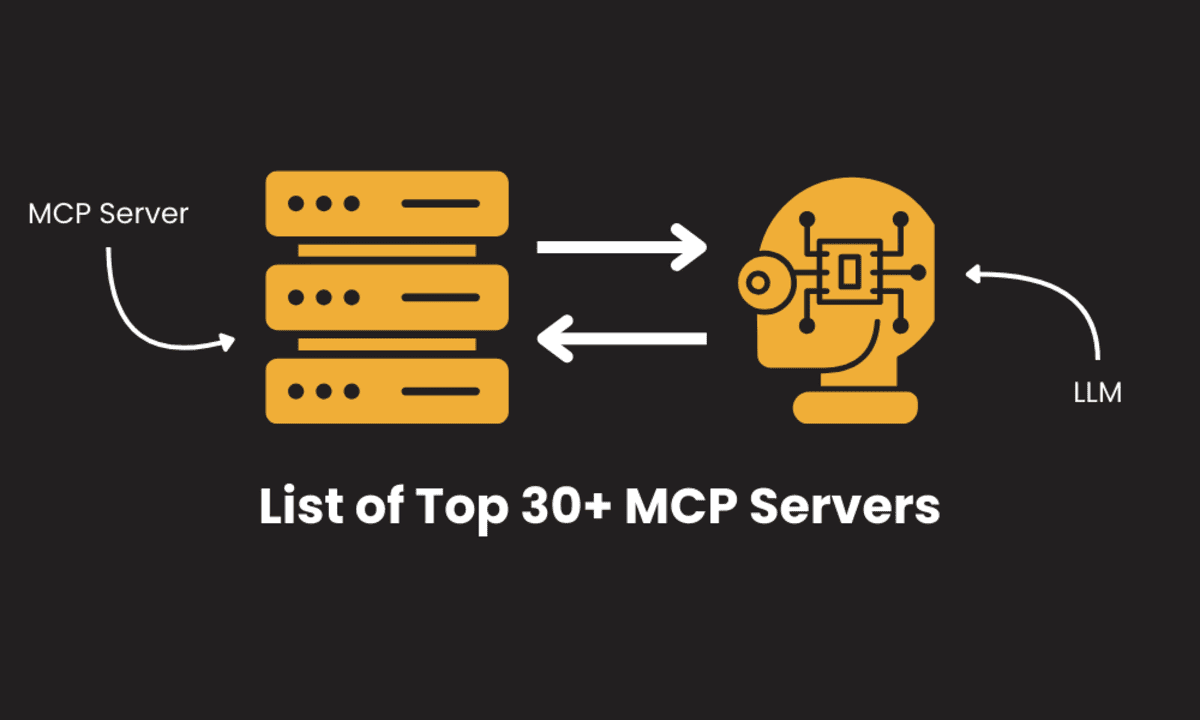




































































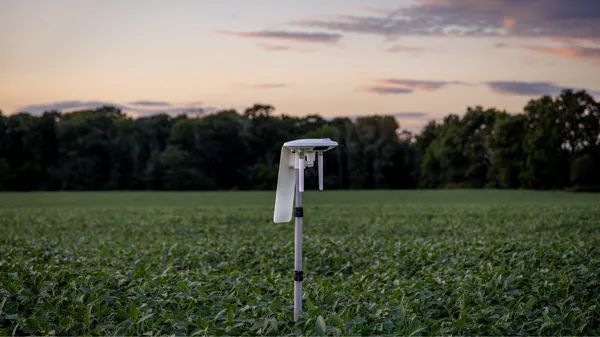















![[DEALS] Mail Backup X Individual Edition: Lifetime Subscription (72% off) & Other Deals Up To 98% Off – Offers End Soon!](https://www.javacodegeeks.com/wp-content/uploads/2012/12/jcg-logo.jpg)







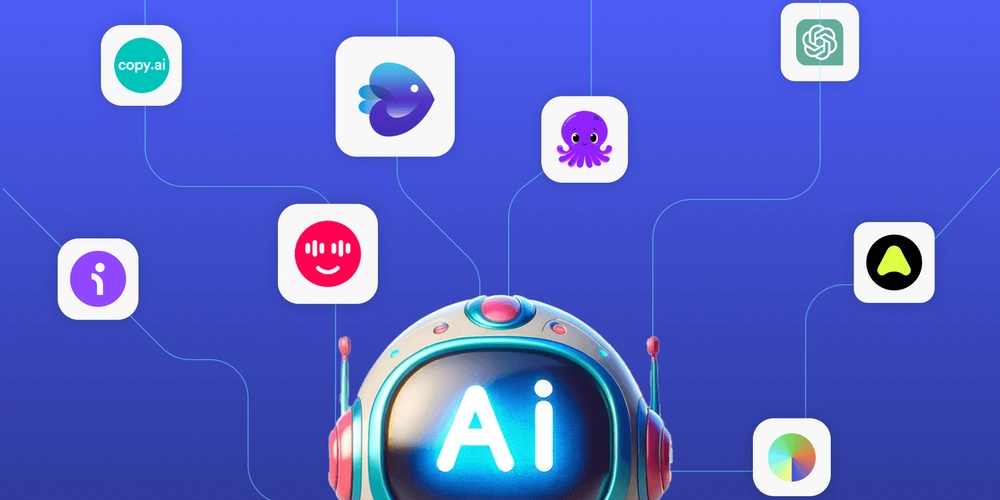




































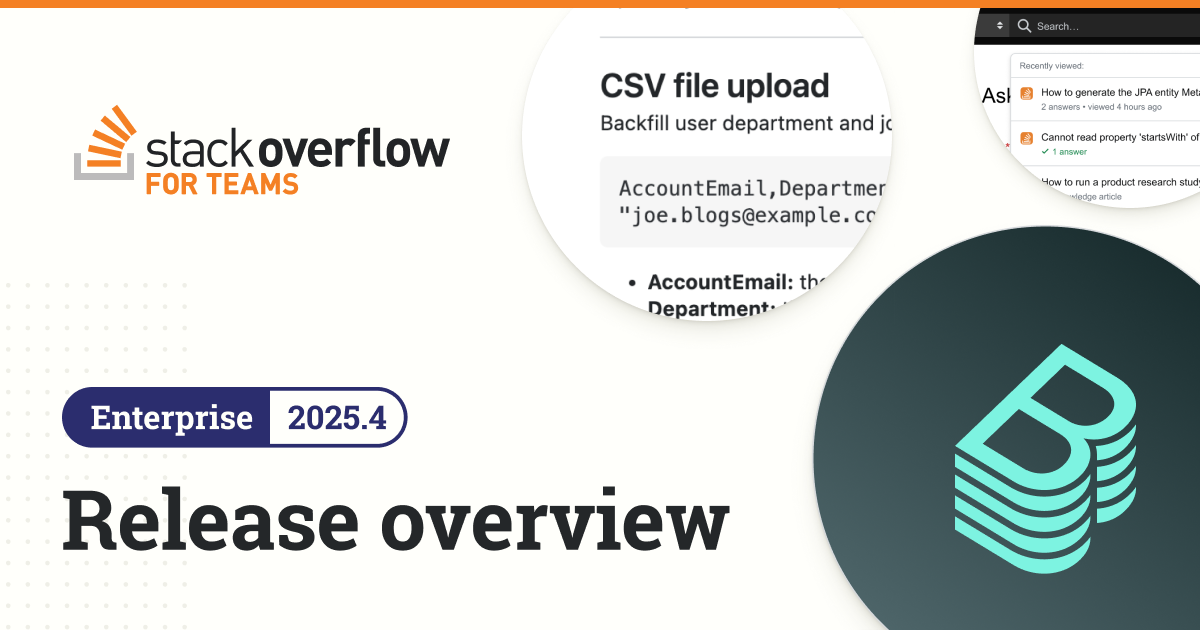



























































































_Luis_Moreira_Alamy.jpg?width=1280&auto=webp&quality=80&disable=upscale#)


_imageBROKER.com_via_Alamy.jpg?width=1280&auto=webp&quality=80&disable=upscale#)










































































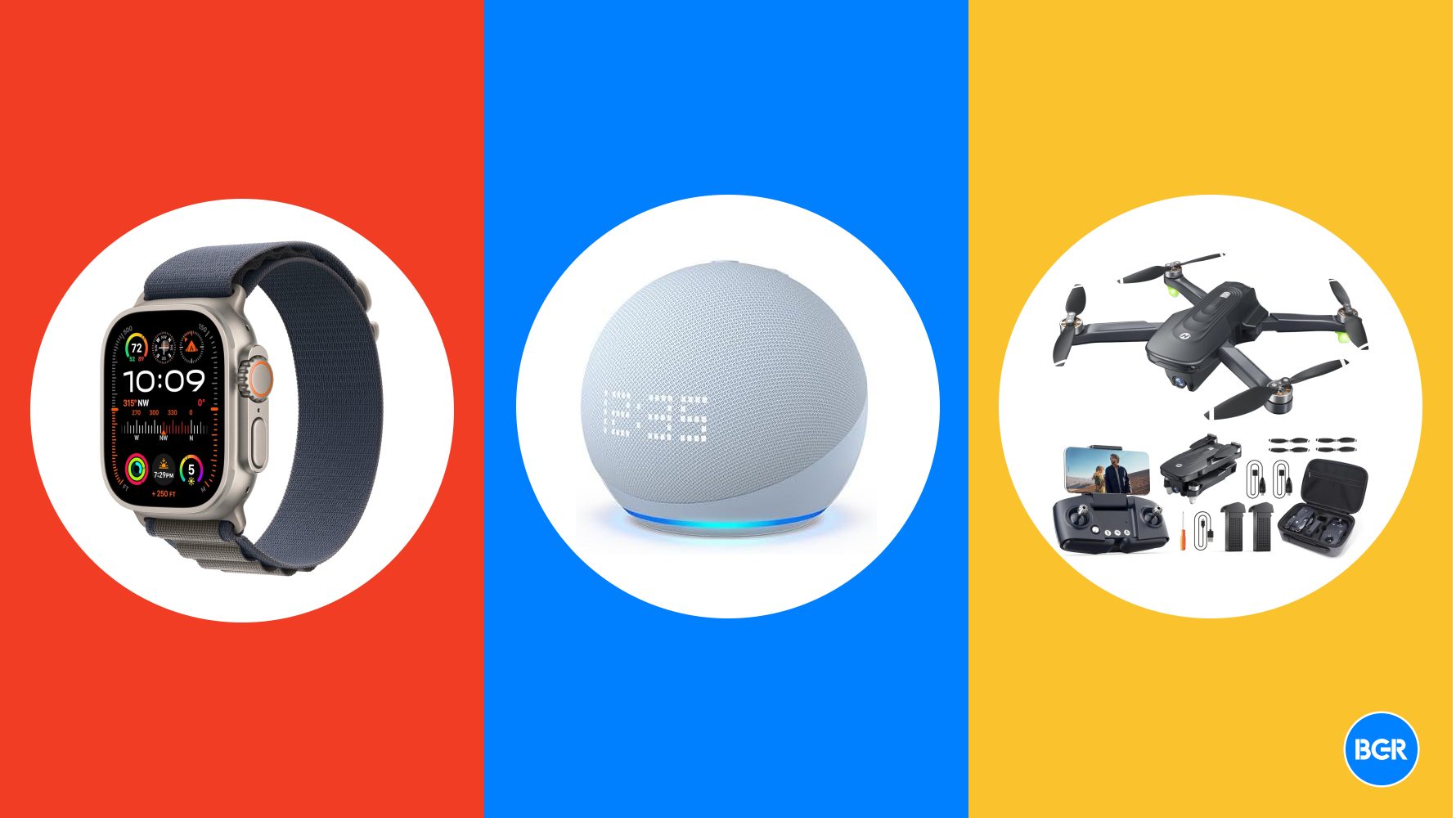



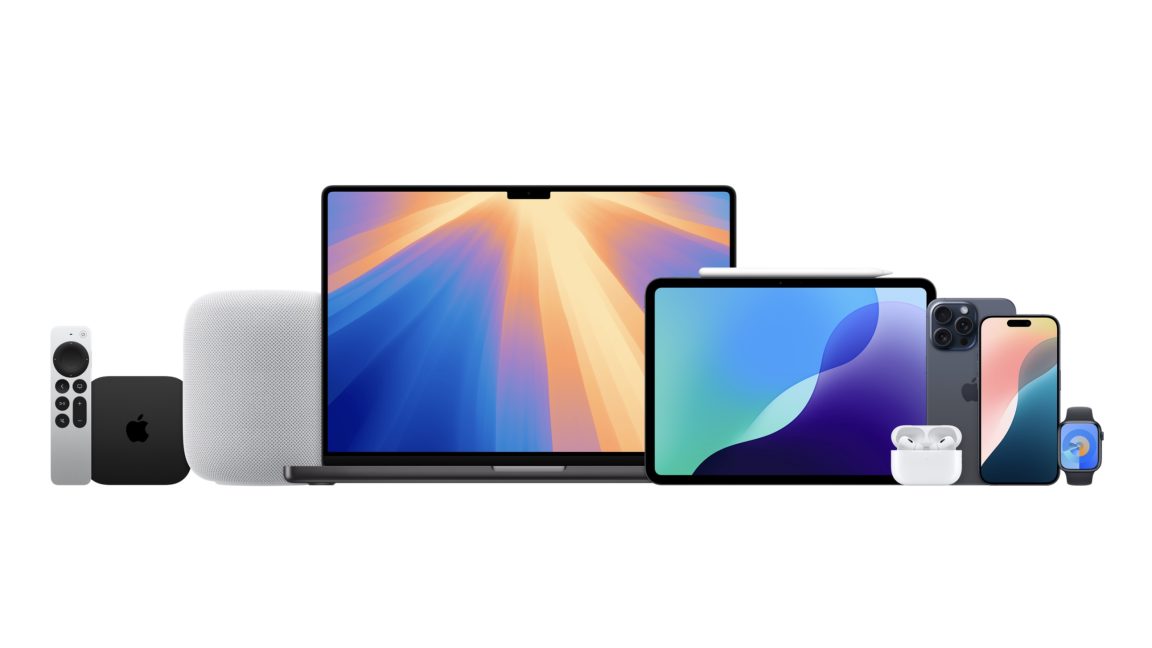




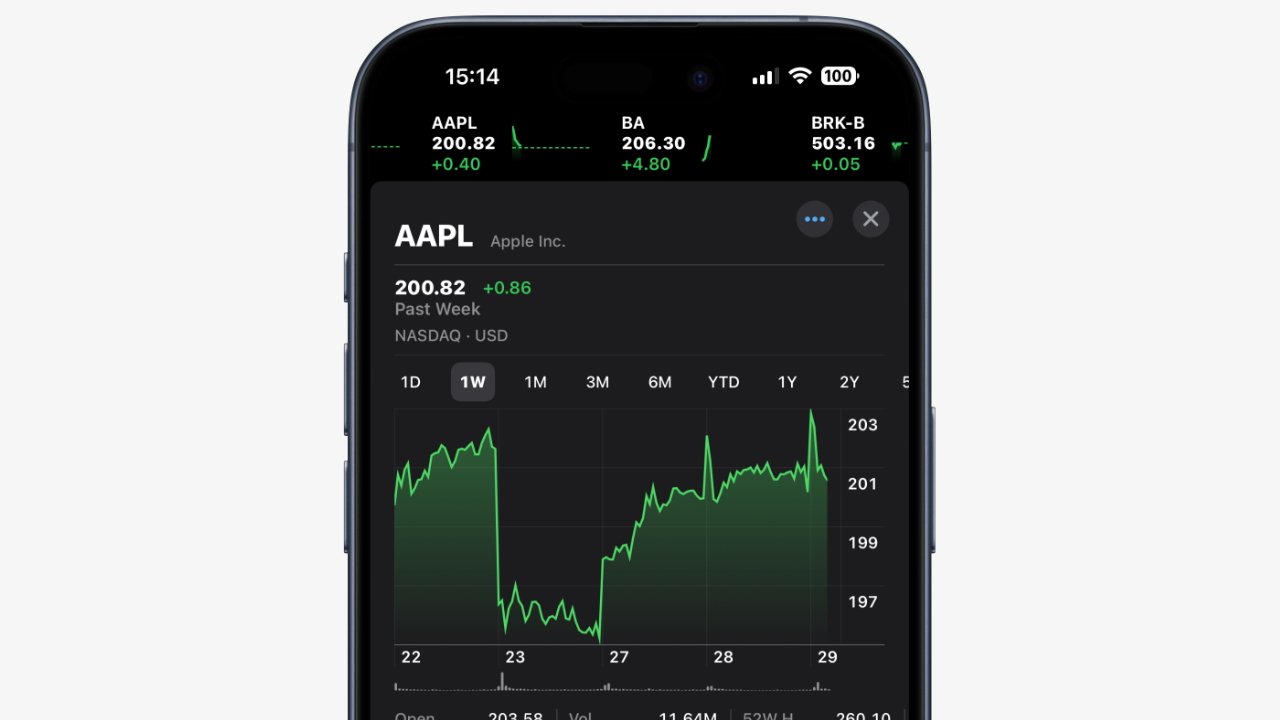










![This app turns your Apple Watch into a Game Boy [Hands-on]](https://i0.wp.com/9to5mac.com/wp-content/uploads/sites/6/2025/05/FI-Arc-emulator.jpg.jpg?resize=1200%2C628&quality=82&strip=all&ssl=1)
![Google TV is finally preparing sleep timer support as app readies Material 3 Expressive [Gallery]](https://i0.wp.com/9to5google.com/wp-content/uploads/sites/4/2024/01/google-tv-logo.jpg?resize=1200%2C628&quality=82&strip=all&ssl=1)













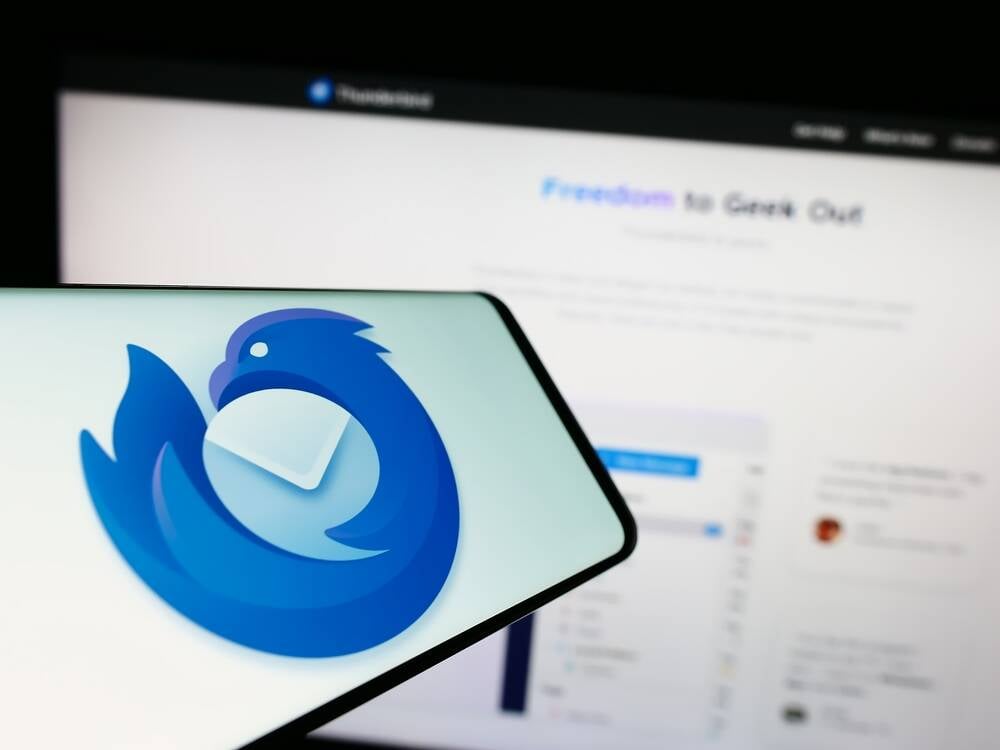
![Apple Shares Official Trailer for 'Smoke' Starring Taron Egerton [Video]](https://www.iclarified.com/images/news/97453/97453/97453-640.jpg)
![Apple's M4 Mac Mini Drops to $488.63, New Lowest Price Ever [Deal]](https://www.iclarified.com/images/news/97456/97456/97456-1280.jpg)

![iPhone 16 Becomes World's Best-Selling Smartphone in Q1 2025 [Chart]](https://www.iclarified.com/images/news/97448/97448/97448-640.jpg)


































































